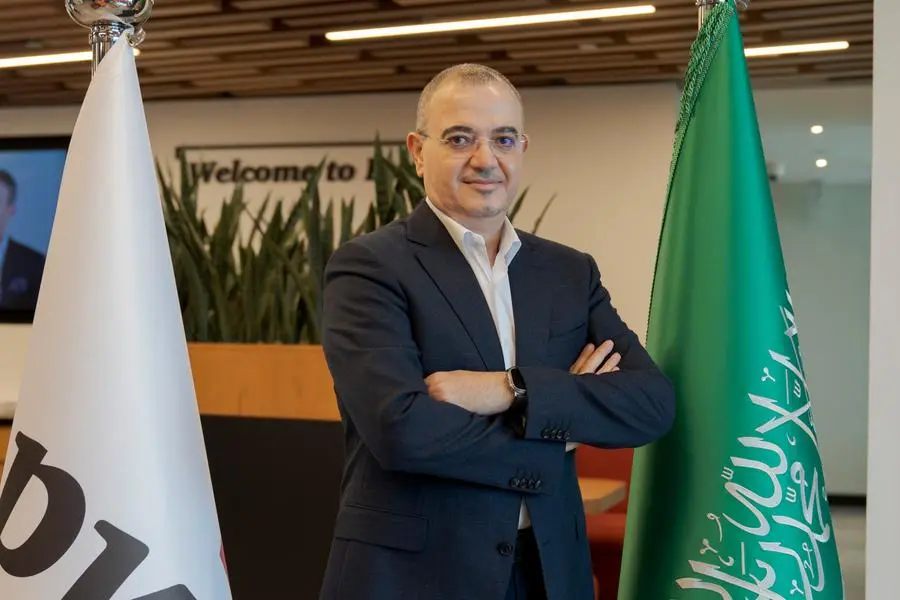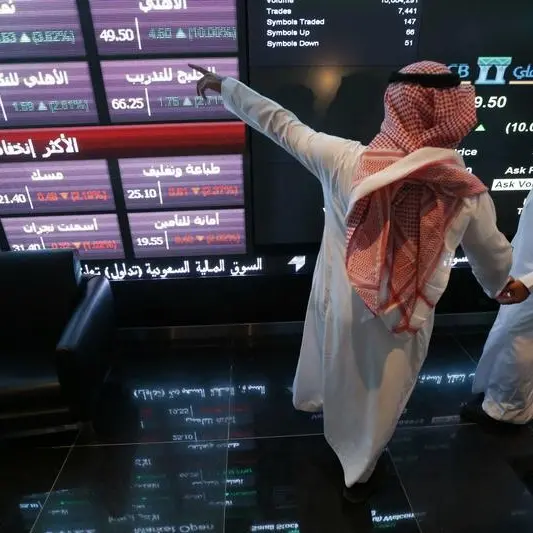PHOTO
The growth of the Middle East’s non-oil economy will continue to progress into 2023 as the GCC economies continue to diversify, Riyadh Al Najjar, PwC Middle East Chairman of the Board & KSA Country Senior Partner, said in an interview with Zawya.
The growth is supported by national visions, industrial strategies, sustainable destinations and various tourism initiatives across the region that will boost growth beyond Vision 2030, he said.
Other economic transformations in 2023 could include the expected easing of liquidity conditions, an increase in efforts to green the economy, and a step-up in efforts to nationalise the private sector workforce.
Citing the findings of its recent 26th annual global CEO survey by PwC, Riyadh said Middle East CEOs are focusing on advancing their digital transformation, with 84% of respondents in the region saying they will invest in automation processes and systems, while 66% say they expect to deploy cloud technology, artificial intelligence, and other advanced technology in operations.
“Regional business leaders are focused on transforming their businesses to ensure their resilience in the face of global economic and geopolitical volatility and concerns around longer-term viability,” Riyadh said.
He added that a key pillar of this strategy centres around technology; investing in technology to bring new efficiencies to their businesses and open new opportunities — with a new-found sustainability mindset.
“Regional leaders are also more mindful of the importance of strengthening supply chains and improving their cost efficiency to ensure fit for future resilience.”
ME to lead globally in sustainability agenda
As the world shifts towards a greener future, the Middle East is ready to lead in shaping the sustainability agenda, Riyadh noted.
Organisations are currently facing an increased challenge set of demands from stakeholders to show tangible progress towards net zero and environmental change.
“Through our surveys we found that governments and corporate leaders across the region and Middle East realise that new opportunities have presented sustainable initiatives that outweigh limitations on economic development,” he said, adding that Middle East CEOs have either taken steps to mitigate climate risk or are in the process of doing so, both innovating new products and processes with a lower carbon footprint and cutting emissions.
With the growing focus on ESG, it is crucial that business leaders ensure they have appropriate in-house expertise for ESG reporting across all operations, as well as setting an internal carbon price to facilitate transition to net-zero emissions and identifying how their business can make use of the natural capital and measuring their environmental footprint.
ESG to trigger massive transformation
He also noted that Environmental, Social and Governance (ESG) imperatives can accelerate the massive and fast transformation of the Middle East region.
“Through the strategic role the region plays in the energy transition, pioneering hydrogen and circular economies, developing sustainable destinations, localising supply chains, generating employment, expanding social inclusion and good governance, ESG can both drive the transformation and create opportunities to develop world leading, competitive advantage,” he said.
He said there are three steps identified by PwC that can support companies in transitioning and developing a robust ESG strategy:
- Baseline your current ESG activities - Evaluate what your company is currently doing with respect to each of the ESG factors: environmental, social and governance.
- Develop a capital allocation strategy - Consider your intended ESG outcomes and use them to guide your ESG investment decision making.
- Identify opportunities for growth - Consider how you can use ESG activities more broadly to support and drive growth for your business.
Overall, he said, CEOs in the Middle East are actively preparing for a more dynamic period ahead, marked by transformation to strengthen their longer-term resilience.
“In Saudi Arabia, we are witnessing that growth in the non-oil economy and planned government spending on Giga projects supported by the diversification agenda, are all expected to provide strong momentum to the Saudi economy.”
The plan to host the 2030 World Expo in Riyadh is expected to coincide with the kingdom’s Vision 2030.
“The Expo will transform all industry sectors within the Kingdom, while building along the theme of enhancing the lives of the community. The venture will bring forward new job opportunities, digital transformation, increased awareness and tourism throughout the Kingdom, as well as building on the growing economy and infrastructure,” Riyadh concluded.
(Reporting by Sunil S; editing by Seban Scaria)





















